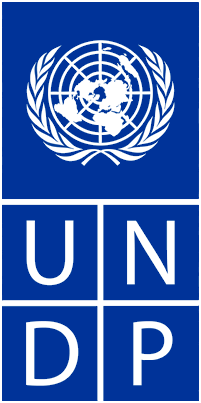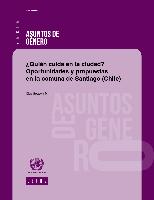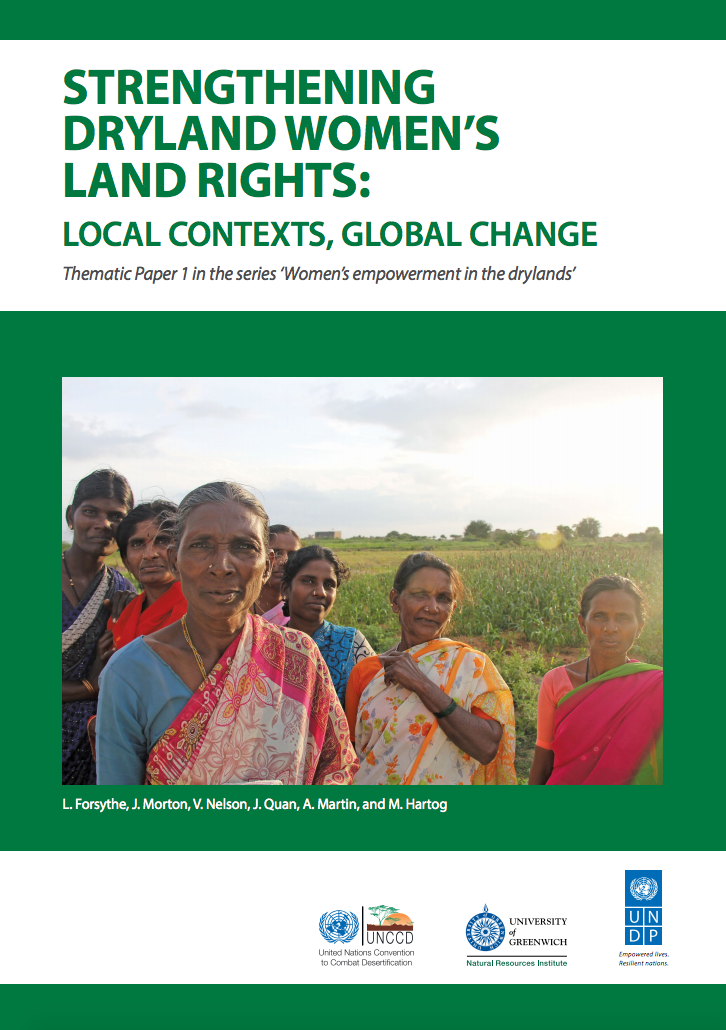UNDP works in some 170 countries and territories, helping to achieve the eradication of poverty, and the reduction of inequalities and exclusion. We help countries to develop policies, leadership skills, partnering abilities, institutional capabilities and build resilience in order to sustain development results.
Inclusive growth, better services, environmental sustainability, good governance, and security are fundamental to development progress. We offer our expertise in development thinking and practice, and our decades of experience at country level, to support countries to meet their development aspirations and to bring the voices of the world’s peoples into deliberations.
In 2016, UNDP is continuing its work to support the 2030 Agenda for Sustainable Development and the 17 new Sustainable Development Goals (SDGs), or Global Goals, as they help shape global sustainable development for the next 15 years.
UNDP focuses on helping countries build and share solutions in three main areas:
In all our activities, we encourage the protection of human rights and the empowerment of women, minorities and the poorest and most vulnerable.
Members:
Resources
Displaying 31 - 35 of 363SDG Goal 11: Monitoring Framework
In September 2015, the United Nations Sustainable Development Summit adopted a new framework to guide development efforts between 2015 and 2030, entitled “Transforming our world: the 2030 Agenda for sustainable development”.1
¿Quién cuida en la ciudad? Oportunidades y propuestas: la comuna de Santiago de Chile
El presente estudio pretende contribuir al debate sobre políticas de cuidados enfocando la mirada en las ciudades latinoamericanas, en esta ocasión específicamente en la Comuna de Santiago de Chile.
Study on the Harmonisation of Customary Laws and the National Legal System in South Sudan
Africa Human Development Report 2016: Accelerating Gender Equality and Women’s Empowerment in Africa
Strengthening Dryland Women's Land Rights
Land and land-based natural resources are the foundation of livelihoods for millions of people and are related to social, cultural and spiritual identity. This is particularly the case for drylands people, who, due to low and variable rainfall and water availability, have developed adaptive strategies in response to seasonal, climatic and environmental change. Gender role norms play an important role in these dynamics, where men and women often undertake different livelihood activities to manage difficult ecological conditions.





